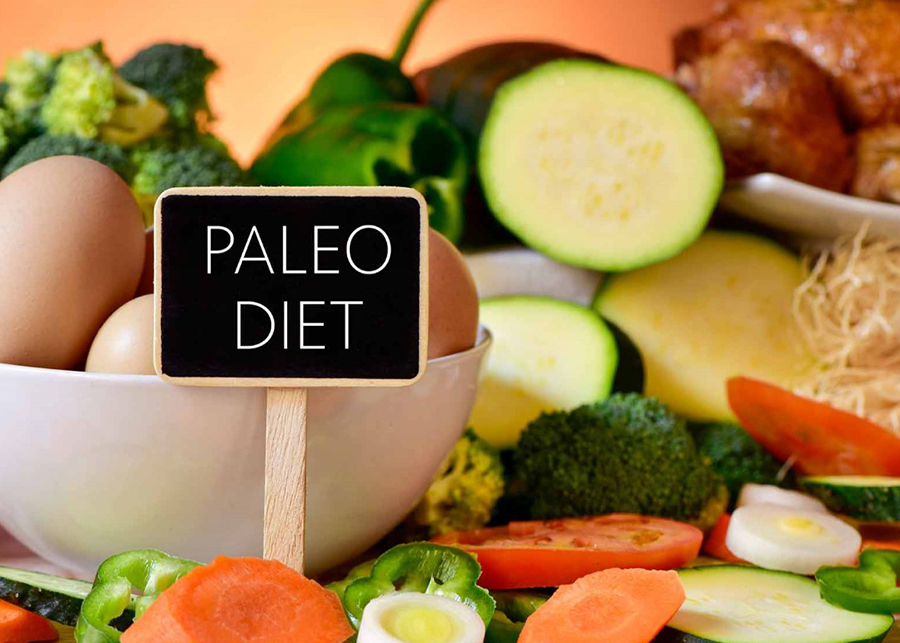
The Paleo diet is one of the most popular diets being promoted today. It’s not for everyone, but for many people it’s the key to lasting weight loss and better health. The Paleo diet rules are straightforward and simple, yet they help you make wise food choices. You stay away from sugar, processed foods, and grains, which are high in saturated fat.
Whether you’re planning to follow the Paleo diet rules for weight loss or simply for a healthier lifestyle, you should follow a few basic guidelines. First, stay away from processed food, sugar, and grains. These foods are high in saturated fat, which is the main cause of heart disease.

Avoiding processed foods
One of the key principles of the paleo diet is avoiding processed foods. Many processed foods are made from chemicals and preservatives. These chemicals are thought to reduce the absorption of certain nutrients. Some sources say that avoiding these foods can reduce your risk of metabolic conditions and insulin resistance. However, there is little scientific evidence supporting these claims.
Limiting carbohydrates
When considering a paleo diet, it’s important to remember that carbohydrate intake should be limited to 23% of your diet. This is because carbohydrates are the body’s main fuel source. If you’re trying to lose weight, you’ll want to limit your carbohydrate intake to a level that won’t cause you to become tired or crave sugary foods.
Limiting sugar
A recent study shows that restricting sugar on a paleo diet can improve blood sugar regulation in type 1 diabetics. While this diet encourages the consumption of “bulky” foods, it also contributes to elevated cholesterol levels. This can increase the risk of heart disease, and people with diabetes need to control their blood sugar levels to reduce their risk.
Limiting grains
If you are trying to lose weight or maintain a healthy body weight, you may want to consider the Paleo diet. This diet is based on the principle of avoiding processed foods that are high in sugar and salt. Refined sugars and salt are linked to high blood pressure, heart disease, and obesity. But some experts caution against this diet because it severely restricts a major food group.

Limiting legumes
According to Paleo dogma, you should limit your intake of legumes. The reason for this is that they contain anti-nutrients that may interfere with your body’s functions. In particular, legumes contain phytic acid and lectins, which bind to cell membranes and impair growth. They can also damage skeletal muscle and affect pancreatic function.
Limiting fruit
While most of us can’t resist the sweets of the world, there are some foods that paleo dieters should avoid. Fruit, for instance, is a seasonal food that doesn’t correspond with our ancestral eating habits. Fruits are also high in sugar, so you should limit your intake if you want to lose weight. Moreover, a paleo diet doesn’t allow grains, legumes, or potatoes, which are considered products of the agricultural revolution. Also, they contain anti-nutrients and plant toxins that we don’t want to ingest.
The Basic Paleo Diet Rules Result
If you’re interested in getting healthier and losing weight, the paleo diet could be right for you. As long as you follow its rules and steer clear of particular foods, you’ll be well on your way to better health.

